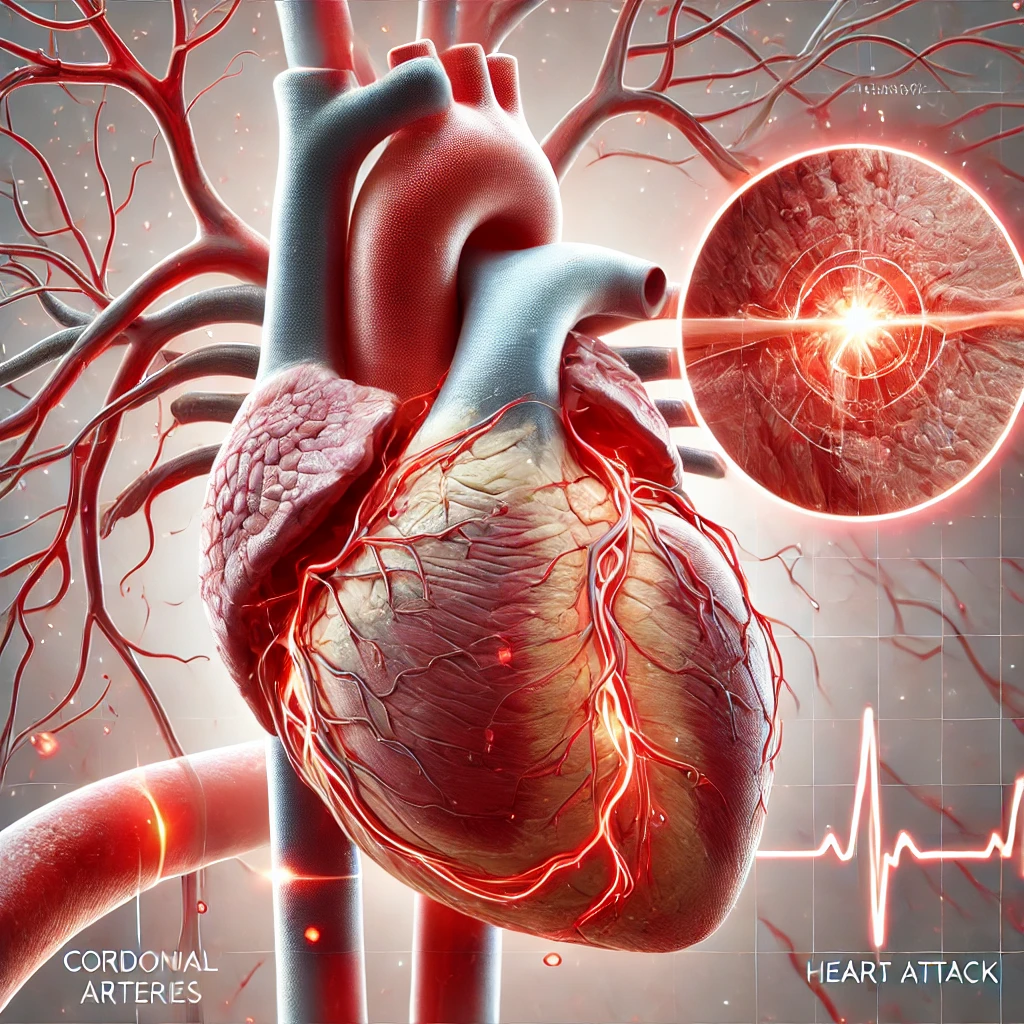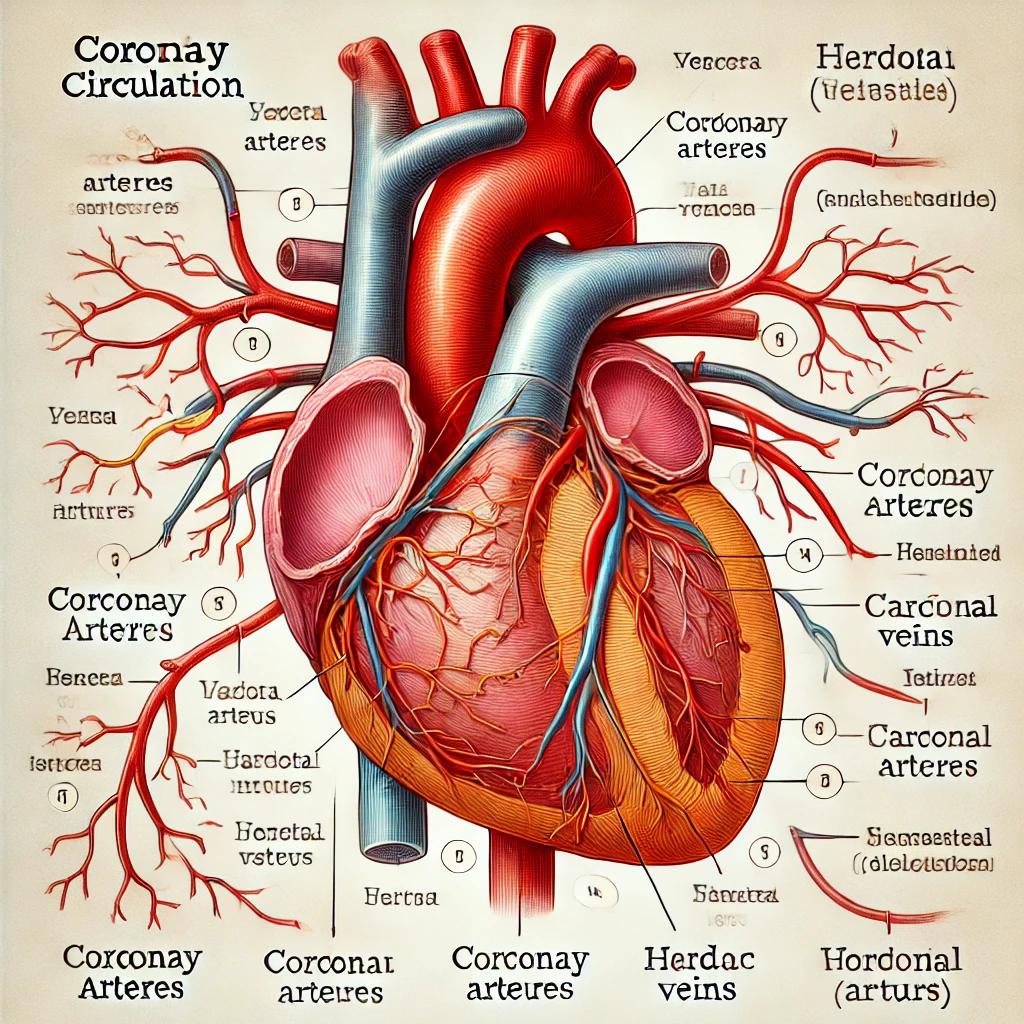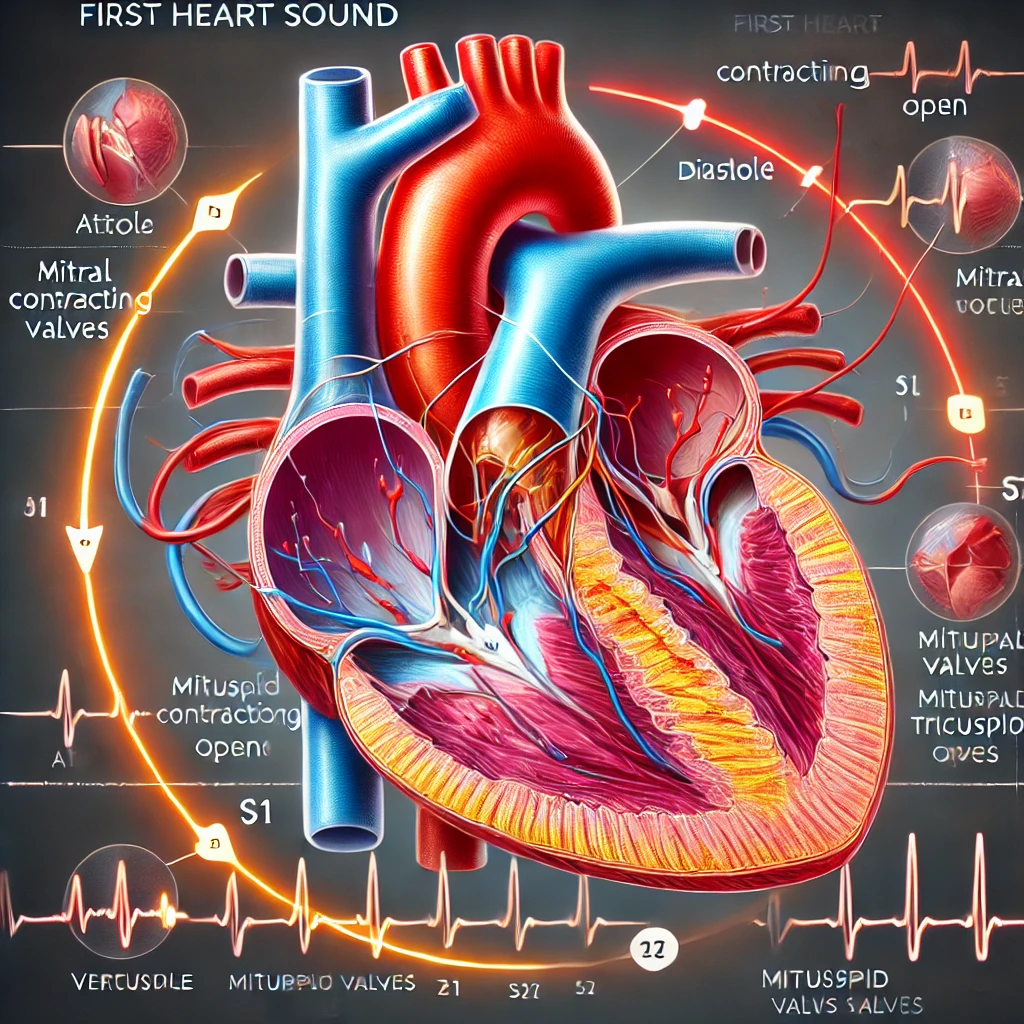Coffee vs. Tea: A Deep Dive into Health Benefits and Effects
The beverage we choose to kickstart our day with or to find solace in during a break often becomes a fundamental part of our lifestyle. Regarding this pivotal drink, two contenders typically vie for our attention: coffee and tea. After water, coffee, and tea, the world’s most consumed beverages have a devout following. But the question remains coffee vs. tea: which is better for you? Let’s embark on an enlightening journey to explore the health benefits and potential drawbacks.
###Understanding Coffee
Made from roasted coffee beans, coffee is celebrated worldwide for its distinct, robust flavor and significant caffeine content. A typical serving of coffee contains about 95 mg of caffeine, making it a popular choice for those seeking a quick energy boost. But is there more to coffee than just being a wake-up call?

####Health Benefits of Coffee
- Rich in Antioxidants: Coffee is packed with antioxidants such as hydrocinnamic acids and polyphenols that help combat inflammation, reduce the risk of chronic diseases, and neutralize harmful free radicals in the body.
- Boosts Physical Performance: The caffeine in coffee stimulates the nervous system, making you feel less tired and ready to engage in physical activity.
- Supports Mental Alertness: Regular consumption of coffee can help maintain cognitive function, improve alertness and concentration, and even potentially delay the onset of Alzheimer’s and Parkinson’s disease.
- Aids in Weight Loss: Caffeine can boost metabolic rate and burn fat, aiding weight loss paired with a healthy diet and exercise.
- Lower Risk of Certain Diseases: Numerous studies link moderate coffee consumption with a reduced risk of diseases like type 2 diabetes, certain types of cancer, stroke, and heart disease.
####Drawbacks of Coffee
Despite its benefits, excessive coffee consumption can lead to several downsides.
- Disrupted Sleep: High caffeine content can interfere with your sleep pattern, leading to insomnia or poor-quality sleep.
- Increased Heart Rate: Too much coffee can cause an increased heart rate, high blood pressure, and, occasionally, irregular heartbeats.
- Digestive Issues: Overconsumption of coffee can lead to stomach discomfort, as it may stimulate the stomach lining to produce more acid.
- Dependency: Regular and excessive coffee consumption may lead to caffeine dependency, resulting in withdrawal symptoms like headache, fatigue, and irritability if not consumed.
###Exploring Tea
Tea, made from the leaves of the Camellia sinensis plant, comes in various types—black, green, oolong, white, and more—each having distinct flavors and characteristics. It’s revered as a calming, aromatic beverage, typically containing less caffeine than coffee.
####Health Benefits of Tea
- Packed with Antioxidants: Tea, especially green and black, contains antioxidants like flavonoids that promote overall health and help reduce the risk of chronic diseases.
- Supports Heart Health: Regular green and black tea consumption may improve cholesterol levels, reduce blood pressure, and decrease the risk of heart disease and stroke.
- Promotes Gut Health: Some teas, like green tea, have prebiotic properties that can encourage the growth of beneficial gut bacteria, improving digestive health.
- Aids in Weight Management: Certain teas, mainly green tea, have been linked to increased metabolism and fat burning, aiding in weight management.
- Promotes Relaxation: Certain teas contain amino acids like L-theanine, which can promote relaxation and help reduce stress and anxiety.
####Drawbacks of Tea
While tea is generally safe and beneficial for health, it’s essential to consider the following points.
- Lower Caffeine Content: While this could benefit some, those seeking a significant caffeine boost may find tea lacking.
- Tannins Interference: Tea contains tannins, which can interfere with iron absorption from foods if consumed excessively.
- Quality Matters: Some lower-quality teas may contain high levels of fluoride or other contaminants, so choosing high-quality tea is essential.
###Coffee vs. Tea: The Verdict
In the debate between coffee and tea, there is no clear winner. Both beverages come with their own unique set of health benefits and potential drawbacks. Your choice between them should align with your personal preferences, lifestyle, and how your body reacts to each.
For the caffeine enthusiasts and those seeking an immediate energy boost, coffee may be the preferred choice. On the other hand, those valuing a calming, relaxing drink with less caffeine might lean towards tea. In moderation, both can be part of a healthy, balanced diet. It’s essential to remember that the benefits of both beverages are most effective when coupled with a healthy lifestyle that includes a balanced diet and regular exercise.
When it comes to healthful drinking, it’s not just about the choice of beverage but also about the quantity, preparation, and what you add to it. If you’re unsure or have specific health concerns, always consult with a healthcare provider to understand what’s best for you.
Whether you’re a coffee aficionado or a tea devotee, embracing these beverages’ benefits and respecting their limits can ensure that your favorite cup adds to your health, wellness, and moments of joy.
The coffee vs. tea debate is a testament to these two beverages’ global significance and influence. Each has its own fan base, cultural significance, and health benefits. Both of them can find a place in a balanced lifestyle, offering both wellness benefits and simple, comforting pleasures. In the end, the decision is a matter of personal choice, comfort, and how your body responds. So, choose your cup wisely, savor each sip, and celebrate the versatility and vitality that both can bring to the table.
Frequently Asked Questions (FAQs) about the Coffee vs. Tea topic:
- Is coffee or tea better for your health? Coffee and tea offer distinct health benefits and potential drawbacks.Your choice should align with your personal preferences, lifestyle, and how your body reacts to each. Both beverages can be part of a healthy, balanced diet when consumed in moderation.
- Which has more caffeine, coffee or tea? Generally, coffee contains more caffeine than tea. Did you know that a cup of coffee typically contains around 95 mg of caffeine, while the amount of caffeine in a cup of tea can vary from 20-60 mg depending on the type of tea?
- Can drinking tea or coffee lead to dehydration? Despite containing caffeine, which is a mild diuretic, both can not generally lead to dehydration when consumed in moderation. In fact, they contribute to your daily fluid intake. However, excessive consumption can lead to increased urination and potential dehydration.
- Can tea or coffee help with weight loss? Both tea, particularly green tea, and coffee have been associated with weight loss benefits. They contain compounds that have been linked to increased metabolism and fat burning. However, they are not a magic solution for weight loss and should be paired with a balanced diet and regular physical activity.
- Which is better for heart health, tea or coffee? Both beverages have been linked to heart health benefits. Coffee and tea can lower the risk of heart disease and stroke by improving cholesterol levels and blood pressure.
- Which drink is more acidic, coffee or tea? For some people, coffee can be more acidic compared to tea and may lead to digestive issues, especially for those with acid reflux or stomach ulcers.
Remember, the information provided is general advice, and individual health needs can vary. Always consult with a healthcare provider if you have specific dietary or health concerns.
“Coffee vs. Tea: Which is Better for You”:
- WebMD’s Comparison of Coffee and Tea
- Healthline’s Review on Coffee vs. Tea
- Harvard Health Blog’s take on Coffee and Tea
- Mayo Clinic’s Insight on Caffeine Content in Coffee vs. Tea
- Medical News Today’s Perspective on Coffee vs. Tea
- For more follow my articles.
My other post:




